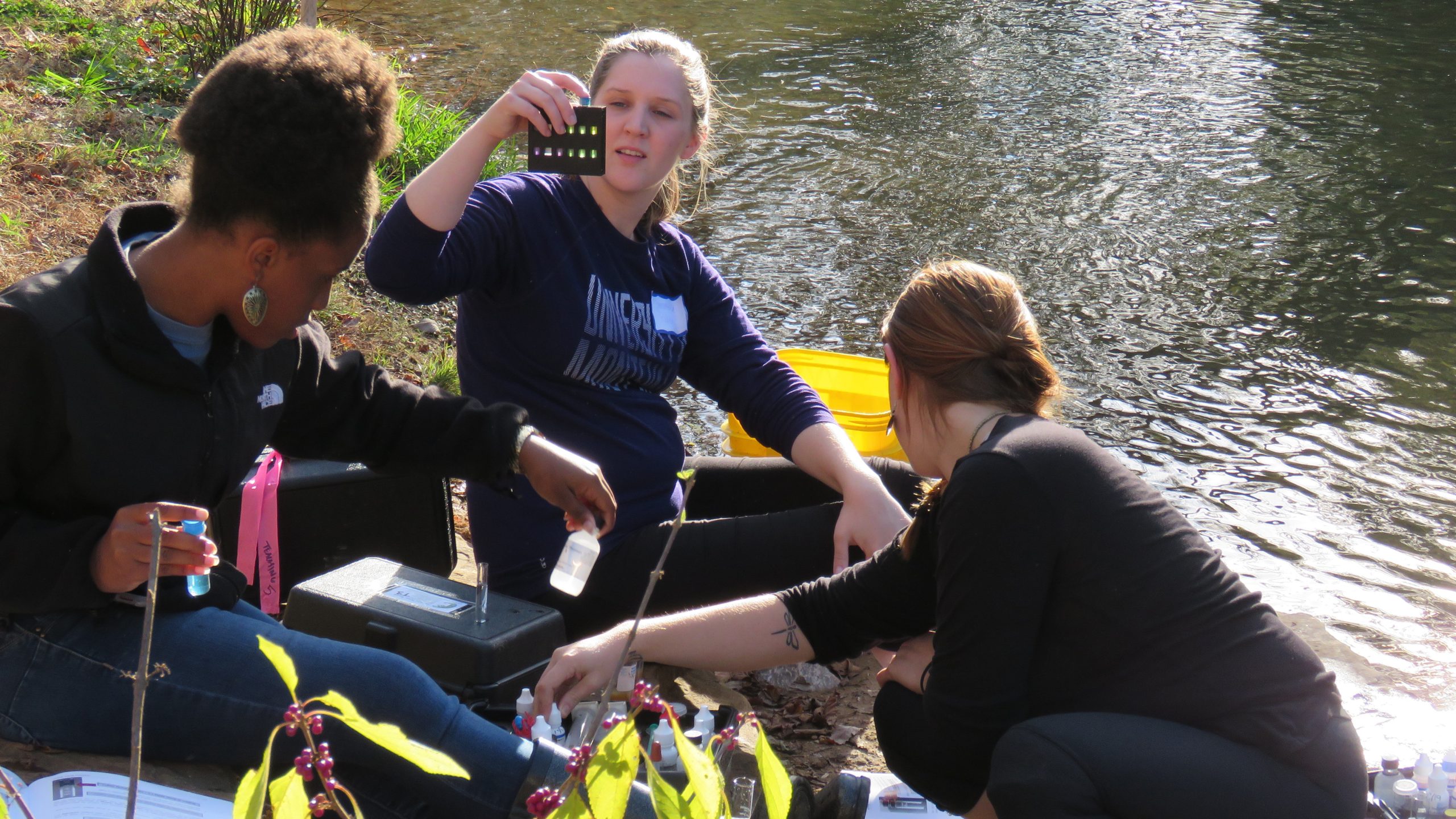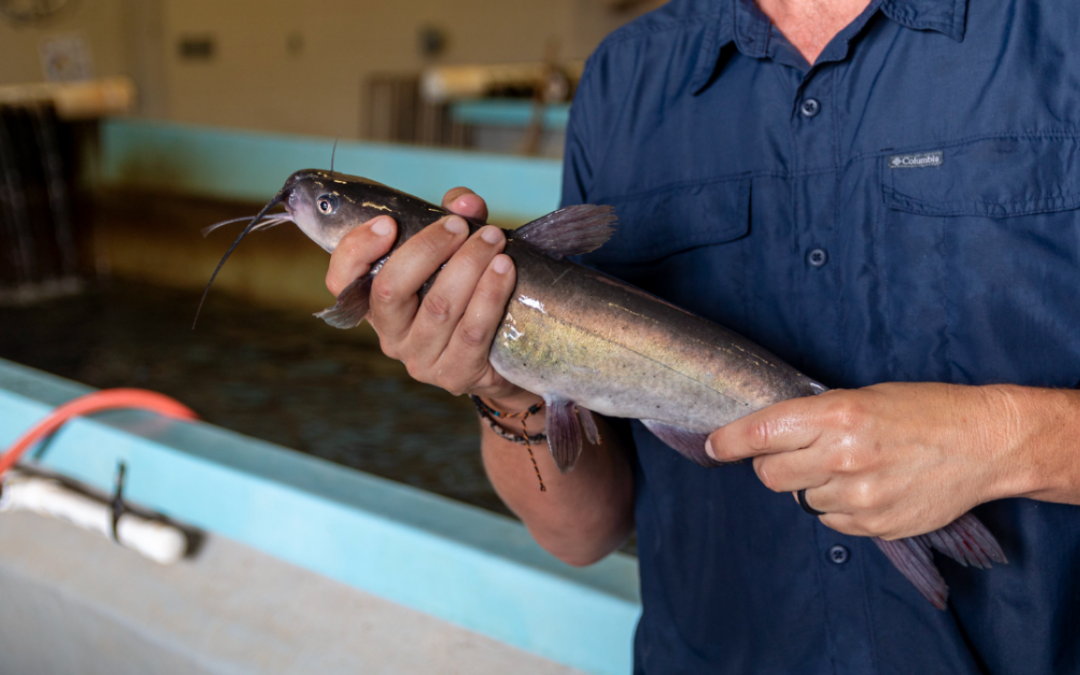Alabama Watershed Stewards and Alabama Water Watch, along with the AU Bees Lab and Westervelt Ecological Resources, are partnering with the city of Auburn through a recently awarded grant from the National Fish and Wildlife Foundation for 2022-23. Alabama Watershed Stewards and Alabama Water Watch are operated by the Auburn University Water Resources Center.
The city project will leverage infrastructure funding to promote stewardship of natural resources. Upon completion of the project, three acres of the Parkerson Mill Creek watershed will be restored for improved water quality, reduced stormwater runoff, slowed stormwater velocity, increased sediment and pollutant filtration, and improved wildlife habitat. As the city makes these infrastructure improvements, its goal is to use the improvements as community education and outreach opportunities. These opportunities are being created through local partnerships to offer a variety of workshops, volunteer opportunities and classroom instruction.
Alabama Watershed Stewards will host two professional continuing education workshops on bioretention design and stream restoration. The city’s infrastructure improvements include the construction of bioretention cells and a stream restoration initiative.
Alabama Water Watch will use the Parkerson Mill Creek watershed site to train local citizens, including five K-12 teachers, in water chemistry and bacteriological monitoring. Following the training, the water watch program will continue to support the citizens as volunteer monitors who will collect water data records through the following year.
Westervelt Ecological Resources and the AU Bees Lab will provide guidance on the planting of a landscape buffer in native grasses, longleaf pine and wildflowers. The AU Bees Lab will provide a survey of current pollinator habitats as well as recommendations for plant selection in the landscape buffer and bioretention cells. The lab also will lead sessions during professional workshops.





